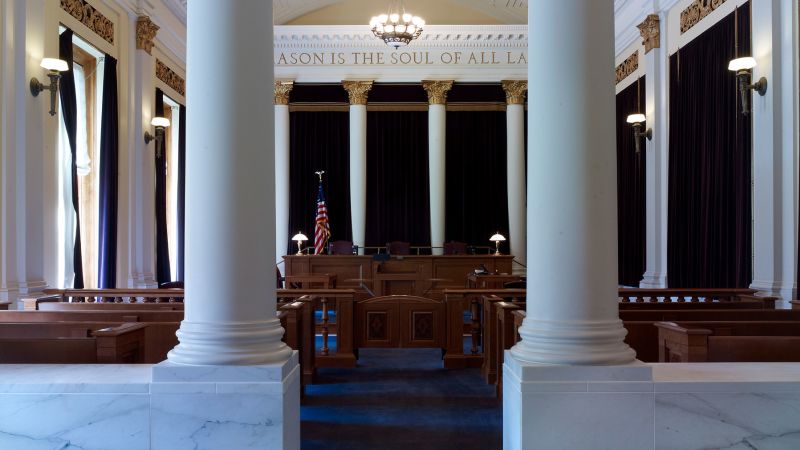Federal courts across the country are struggling with an increasing caseload due to a lack of additional judges to match the growth in litigation over the last few decades. It has been 34 years since there has been a comprehensive bill passed to increase the number of judges on lower courts, despite the American population growing by 80 million and the number of filings in US district courts increasing by more than 30%. Currently, there are over 724,000 pending cases being handled by a federal trial bench made up of 677 judgeships, resulting in a 72% increase in pending cases over the last decade.
The staffing shortage is affecting the quality of justice received by litigants, costing them time and money, and undermining public confidence in the judiciary. The JUDGES Act, which aims to create 66 new judgeships across the country’s most overburdened court districts, has been approved by the Senate but may face challenges in the House where it is not seen as a top priority. Advocates for the bill believe that passing it is crucial, as the situation for federal courts will only worsen if the bill is not enacted.
The delays in the judicial system mean that litigants, especially those being held in jail before trial, have to wait even longer for their cases to be resolved. Civil lawsuits are also affected, with parties feeling pressure to settle cases due to the never-ending litigation process. The bill would provide additional judgeships to districts like the Eastern District of California, which has seen a population growth from nearly 2.5 million to almost 8.5 million since the last comprehensive judicial expansion bill was passed in 1990.
The JUDGES Act is based on the recommendations of the Judicial Conference, taking into account case load statistics and other factors such as the geography of court districts and the complexity of litigation. Some court divisions with busy dockets do not have dedicated judges, leading to a scramble to assign cases to judges from elsewhere in the district. For instance, in the Florida Middle District’s Ocala division, there is currently no sitting judge, despite the community’s growth and need for judicial oversight.
The bill’s supporters are pushing for quick passage in the House in September to avoid potential disincentives after the November election. However, there is skepticism about the timeline, with some believing that it may take place during the lame-duck session. The legislation has received bipartisan support and was crafted to allocate new judges over 12 years to ensure both parties have a turn in the White House and all judicial nominations are subject to the confirmation process in the Senate.













